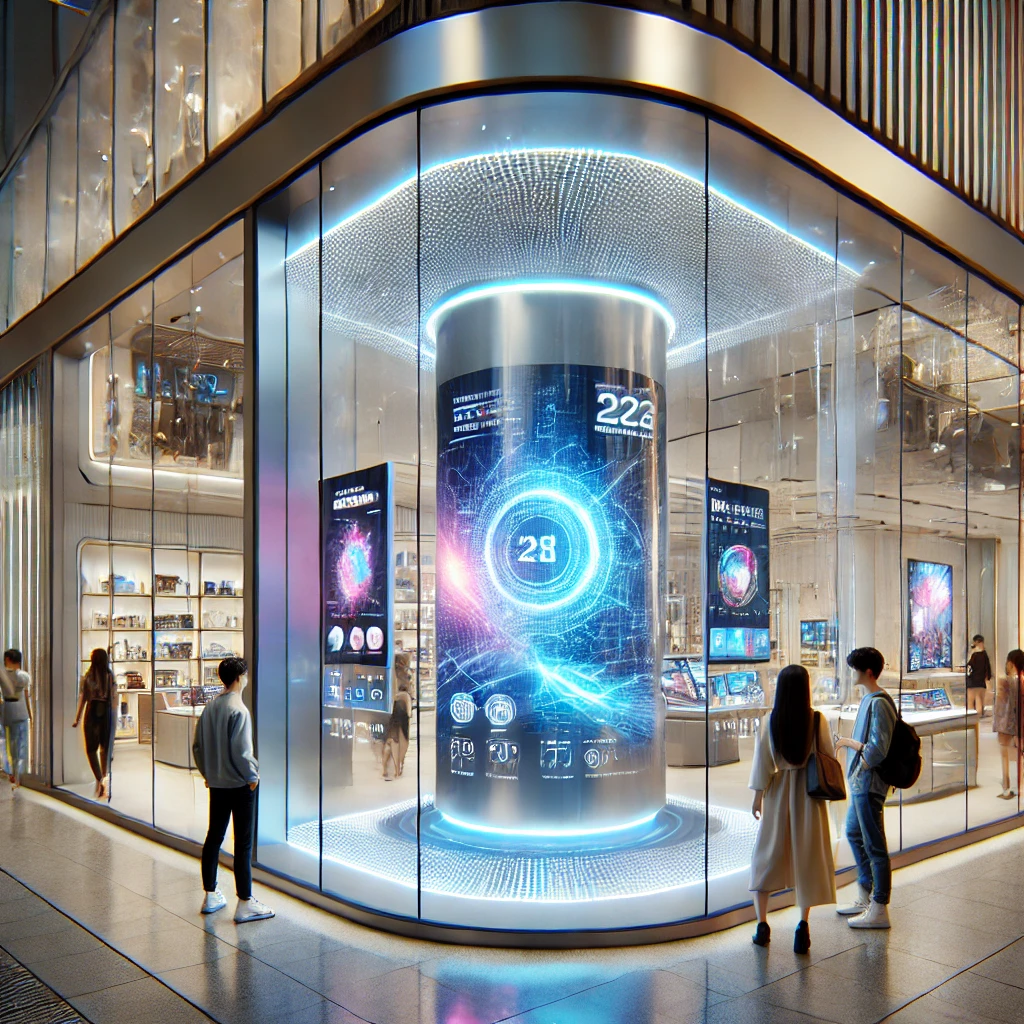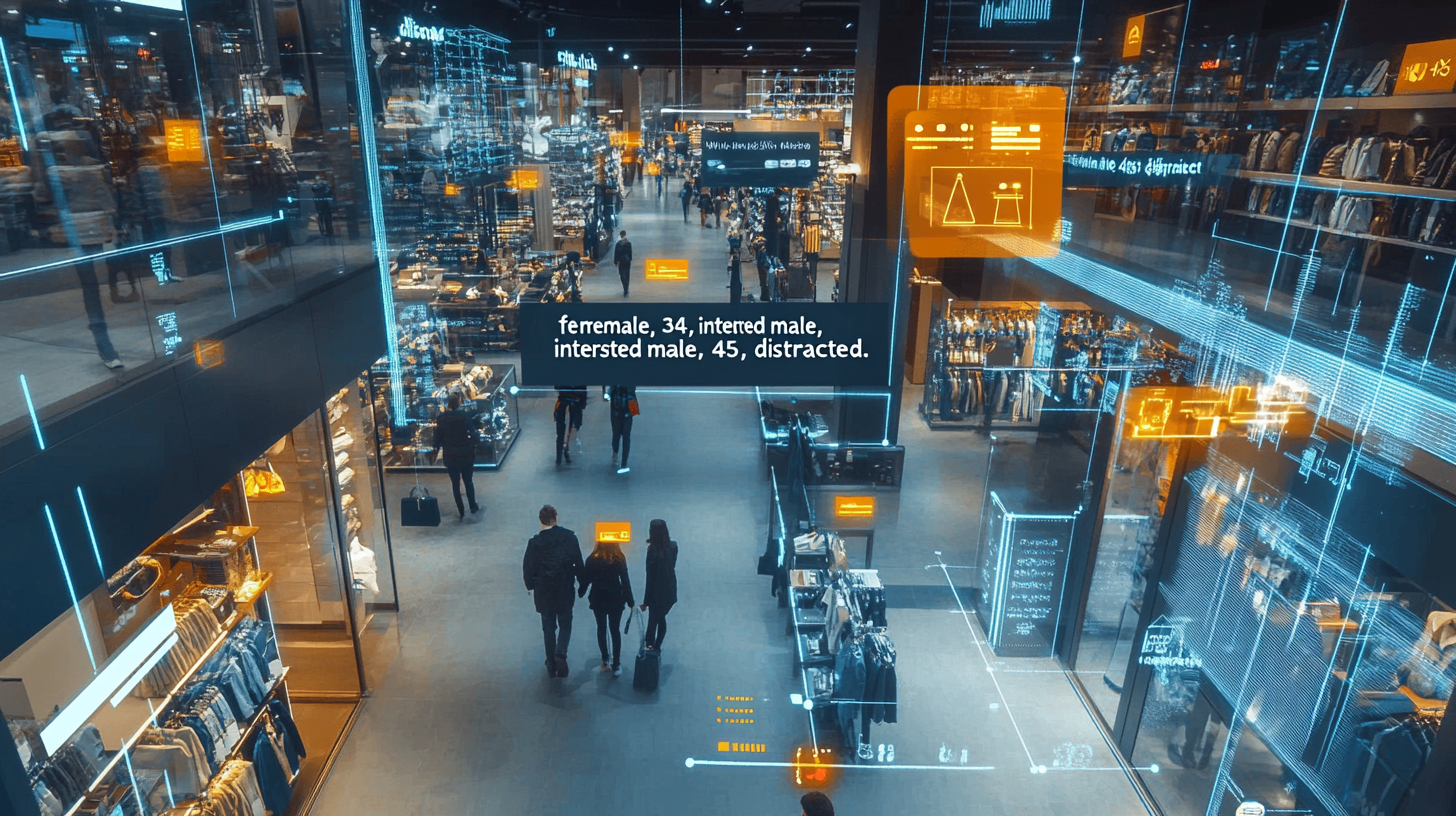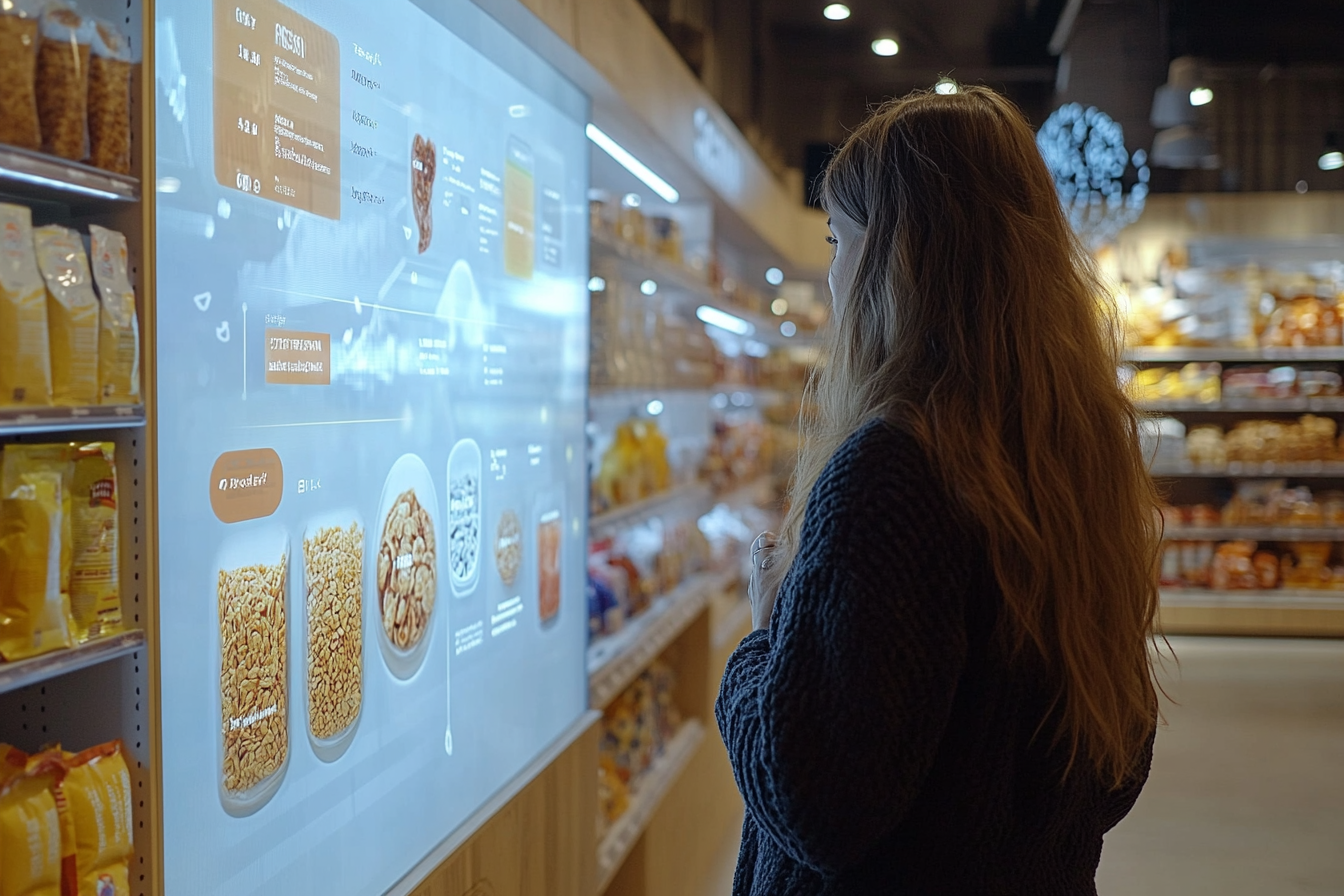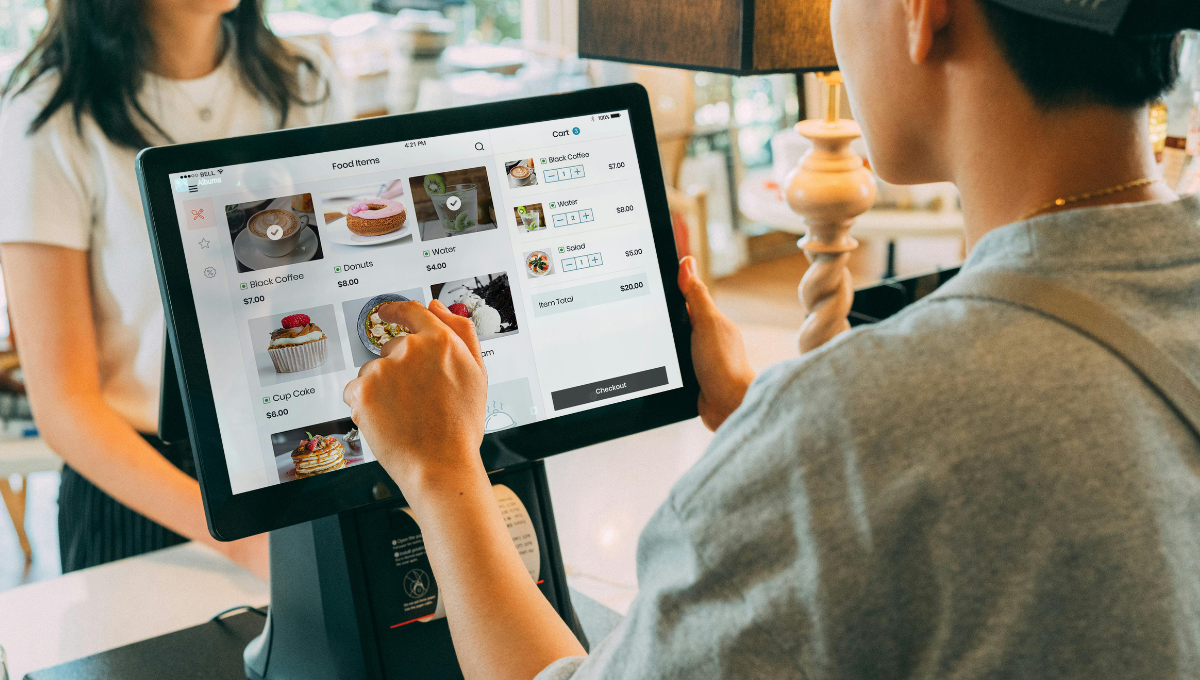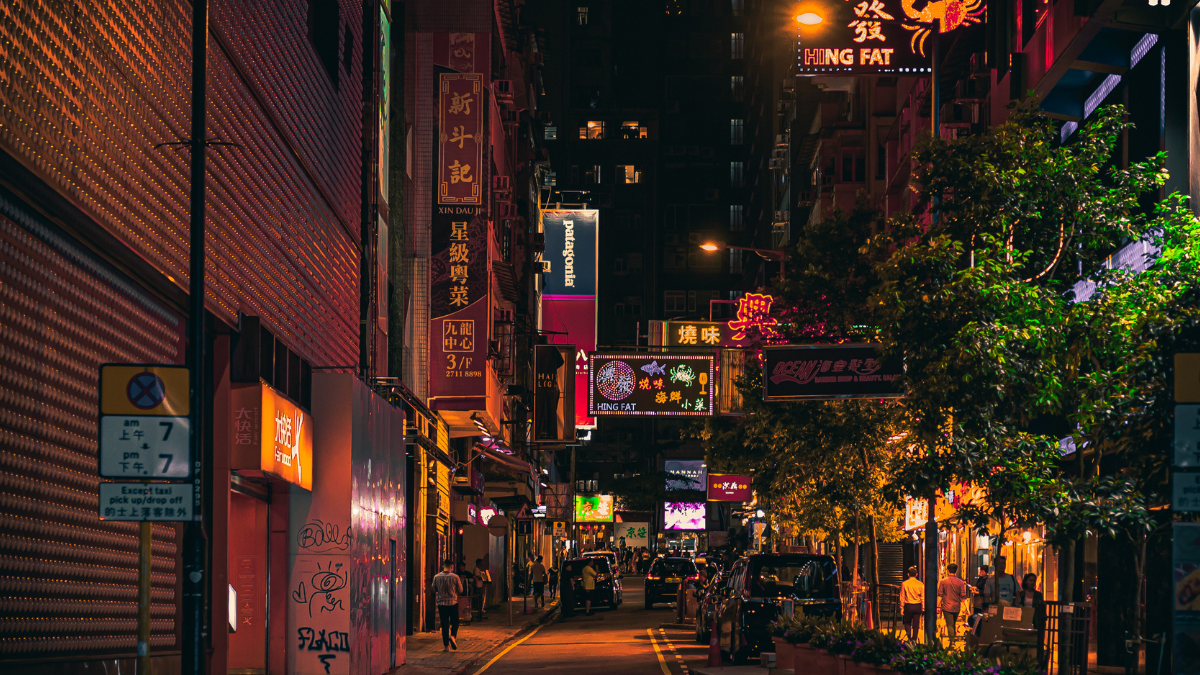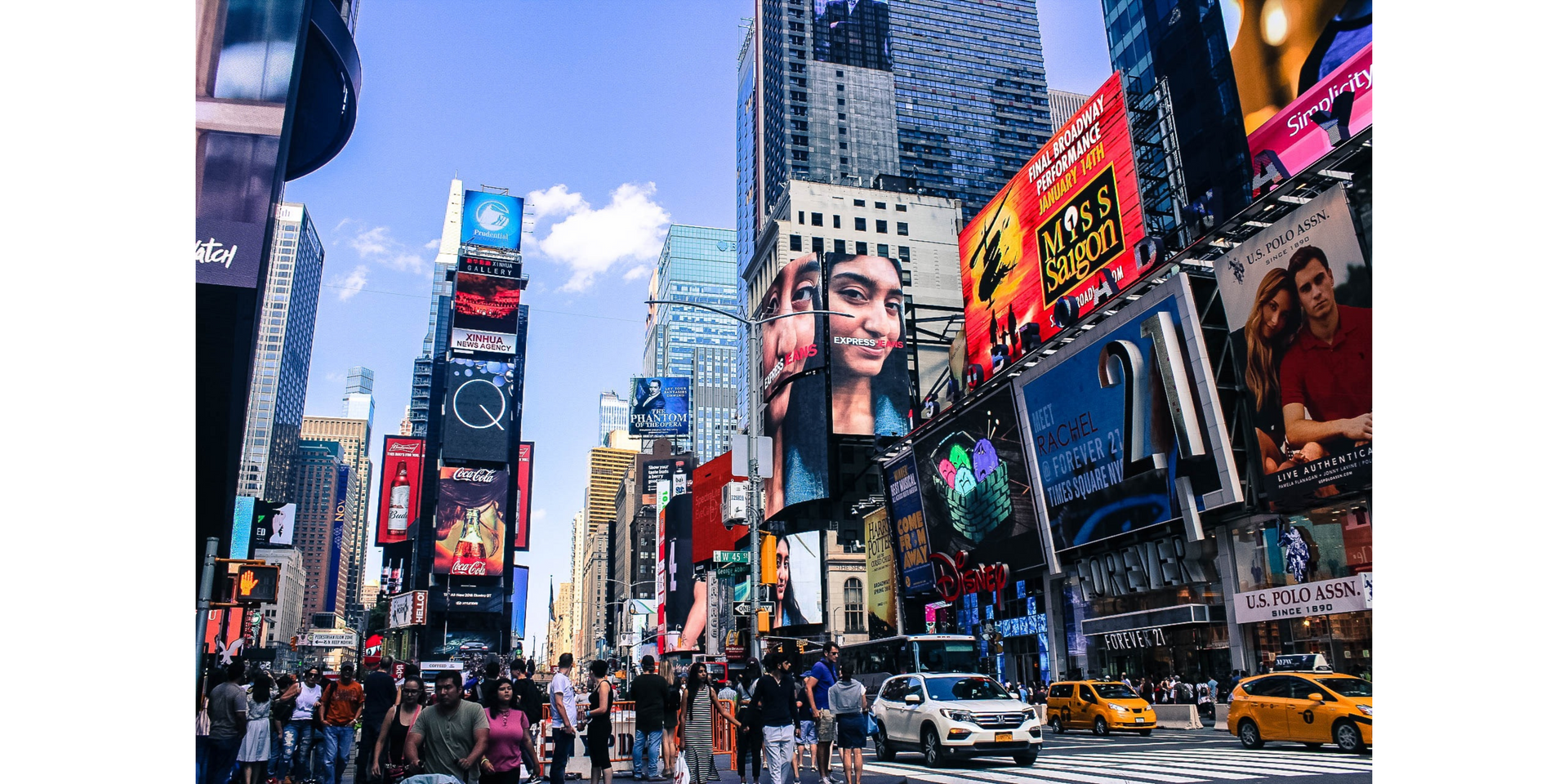Crafting Digital Menus: Blending Psychology and Trends for Success
Designing Digital Menus: A Blend of Art and Strategy
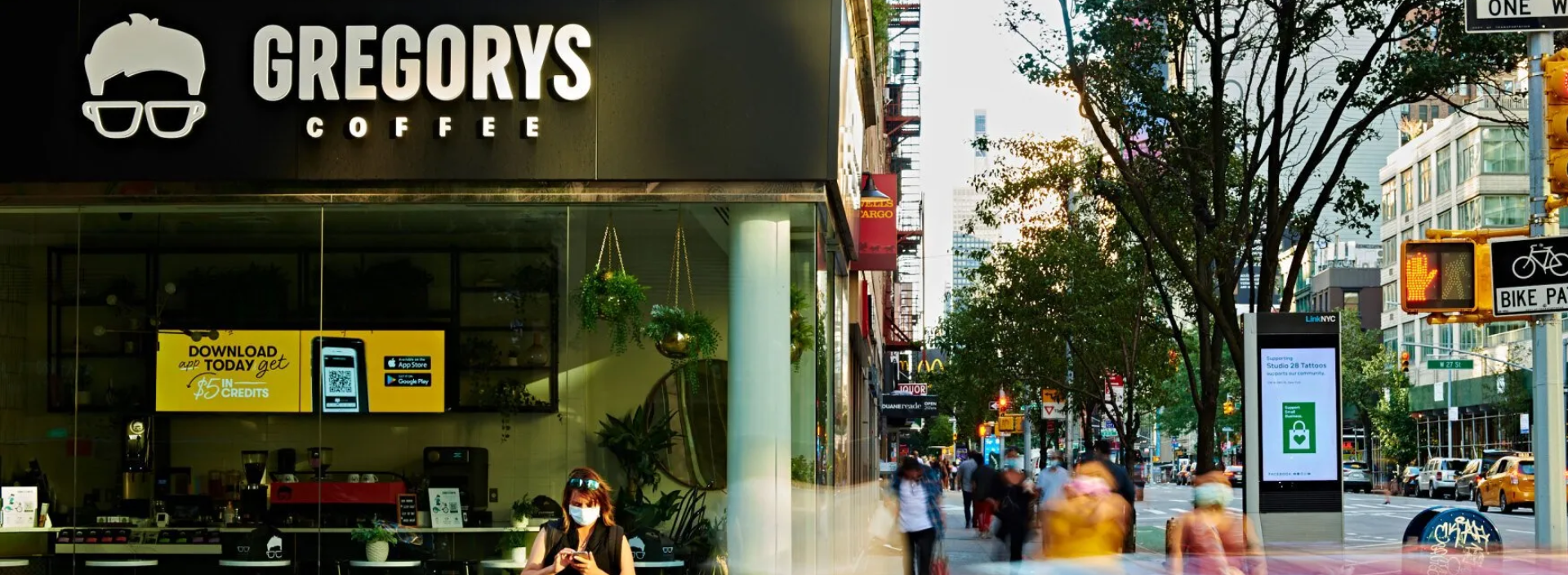
In today's digital era, crafting the perfect digital menu has become a transformative element for any modern restaurant. It not only enhances the customer experience through dynamic visual interactions but also holds the potential to significantly boost sales and service efficiency with quick updates and personalized promotions. In this blog, let's dive into the art of creating an effective digital menu, the advantages of strategic menu design, and the profound influence of consumer psychology on your menu layout.
Creating an Effective Digital Menu for Your Restaurant
A well-structured menu can work wonders for your restaurant. Here are some key aspects to keep in mind:
- Clarity: Your menu should be easy to read and understand. Use clear fonts and contrasting colors to facilitate reading while maintaining a delicate balance between text and images.
- Organization: Group your dishes into logical categories, such as appetizers, main courses, and desserts. This simplifies customers' search for desired dishes, making their decision-making process easier.
- Images: Including enticing photographs of your dishes can speed up decision-making and leave customers more satisfied with their choices. Ensure high-quality images that accurately represent your offerings, providing a tempting preview.
- Descriptions: A well-crafted description can make a dish sound more appetizing. Be descriptive yet concise, aiming to evoke the flavors, textures, and cultural aspects of the dish.
It's also crucial to keep your menu updated with price changes and dish availability to avoid disappointments and maintain customer trust.
Benefits of Strategic Menu Design:
A well-thought-out menu design can bring numerous benefits:
- Sales Boost: By strategically highlighting your most profitable or popular dishes, you can guide customers toward these options, ultimately increasing your sales and improving customer satisfaction.
- Enhanced Customer Experience: An easy-to-read and visually appealing menu can significantly improve the customer experience. Customers appreciate quickly finding what they're looking for and enjoying a visually pleasing presentation, setting the tone for their overall dining experience.
- Operational Efficiency: By balancing the demand for different dishes in your menu design, you can prevent bottlenecks in the kitchen and ensure a smoother workflow. This leads to faster service and increased customer satisfaction as they receive their orders promptly.
Harnessing Consumer Psychology in Menu Design:
Consumer psychology plays a crucial role in menu design. Here are effective ways to apply it:
- Color Psychology: Colors can evoke specific emotions and responses. For instance, red can stimulate appetite and excitement, while blue has a calming and trust-building effect. Carefully select colors that align with your brand and the dining experience you want to offer.
- Element Placement: Studies have shown that customers tend to look first at the top right of the menu, so consider placing your most profitable or popular dishes there to maximize visibility and appeal.
- Pricing Strategies: How you present prices can influence customers' perception of value. For example, removing currency symbols can make prices seem lower, and using descriptive prices can make a dish's value more apparent.
Understanding and applying these principles allows you to design a menu that not only captivates but also guides customers toward choices that benefit your business.
Latest Menu Design Trends and Their Impact on Your Business:
Staying updated with the latest trends can help keep your menu fresh, relevant, and ahead of the competition. Here are some current trends to consider:
- Digital Menus: The advent of digital menus offers greater flexibility and efficiency, allowing easy updates to reflect price adjustments, ingredient changes, and special promotions.
- Interactive Elements in Digital Menus: Touchscreens or QR code integration for mobile device access can further elevate the dining experience.
- Sustainability: An increasing number of customers value sustainability and environmentally friendly options. Consider highlighting dishes that use local or sustainably sourced ingredients to connect with environmentally conscious diners.
- Customization: In the era of personalization, customers appreciate the ability to tailor their orders to their preferences. Consider offering customization options on your menu, such as ingredient substitutions or portion sizes.
Adapting to these trends can keep your restaurant at the forefront, attracting a diverse clientele with varied expectations and preferences.
In summary, creating an effective digital menu involves more than just showcasing dishes; it requires careful consideration of consumer psychology, a clear strategy, and an awareness of the latest trends. By implementing these principles and staying abreast of the evolving menu design landscape, you can create a menu that delights your customers and benefits your business.
